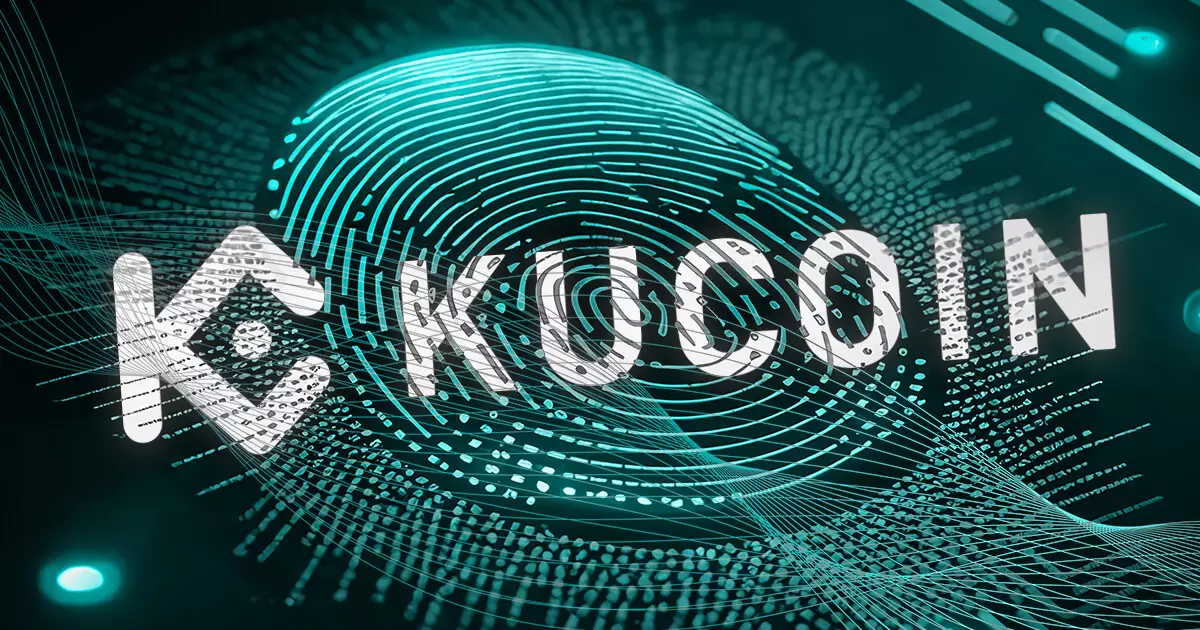On January 27, 2024, KuCoin, a notable cryptocurrency exchange, found itself entangled in legal ramifications following a settlement with the U.S. Department of Justice (DOJ). This incident reflects serious compliance failures that echo throughout the cryptocurrency industry. KuCoin has pleaded guilty to running an unlicensed money-transmitting business, which has resulted in significant financial penalties and a two-year withdrawal from the U.S. marketplace.
The allegations against KuCoin are not trivial. They include the failure to register with the Financial Crimes Enforcement Network (FinCEN) and the lack of robust anti-money-laundering frameworks. What adds to the severity of the situation is that KuCoin reportedly allowed billions of dollars in potentially dubious transactions. Investigations indicated that a substantial portion of this activity stemmed from illicit sources, including darknet markets and various fraud schemes. This paints a grim picture of a company that had apparently sidestepped essential regulatory protocols while gaining significant revenue, amassing approximately $184.5 million from its U.S. user base alone.
Leadership’s Response and Future Outlook
In the aftermath of the settlement, KuCoin’s leadership expressed optimism regarding future compliance initiatives. Newly-installed CEO BC Wong noted the importance of regulatory adherence and the support of users as critical factors moving forward. The statement reflects a somewhat hopeful view; however, it raises questions regarding the sincerity behind such optimism given the previous operational neglect. Compliance cannot merely be an afterthought; it must become a core aspect of their business strategy.
Interestingly, the response from the cryptocurrency market suggests a mixture of caution and relief. Following the announcement of the plea agreement, KuCoin’s own KCS token saw a considerable uptick of 13.7%. This indicates that, at least in the short term, investors are willing to overlook the company’s legal struggles in hopes of regulatory improvement and future innovation. Similarly, other cryptocurrencies like Bitcoin and Ethereum showed positive performance, indicating an overall bullish sentiment that could be interpreted as a sign of trust in the broader market rather than specific confidence in KuCoin itself.
Lessons and Future Implications
The KuCoin case serves as a critical indication of the ongoing issues of compliance in the cryptocurrency space. It acts as a cautionary tale for other exchanges and businesses operating in similarly ambiguous legal environments. The DOJ characterized this settlement as a stern warning against the negligence of financial regulations in the U.S., stressing that non-compliance can lead to severe repercussions.
The outcome of KuCoin’s legal troubles underscores the urgent need for clear and strict regulatory frameworks within the cryptocurrency sector. As technological advances continue to outpace legislative measures, firms in this space must prioritize not only profit but also responsible operational practices to avoid legal pitfalls. As KuCoin attempts to navigate its future while recovering from this setback, the industry at large will be watching closely to see how effectively the exchange implements necessary changes and restores confidence among its users and regulators alike.


















